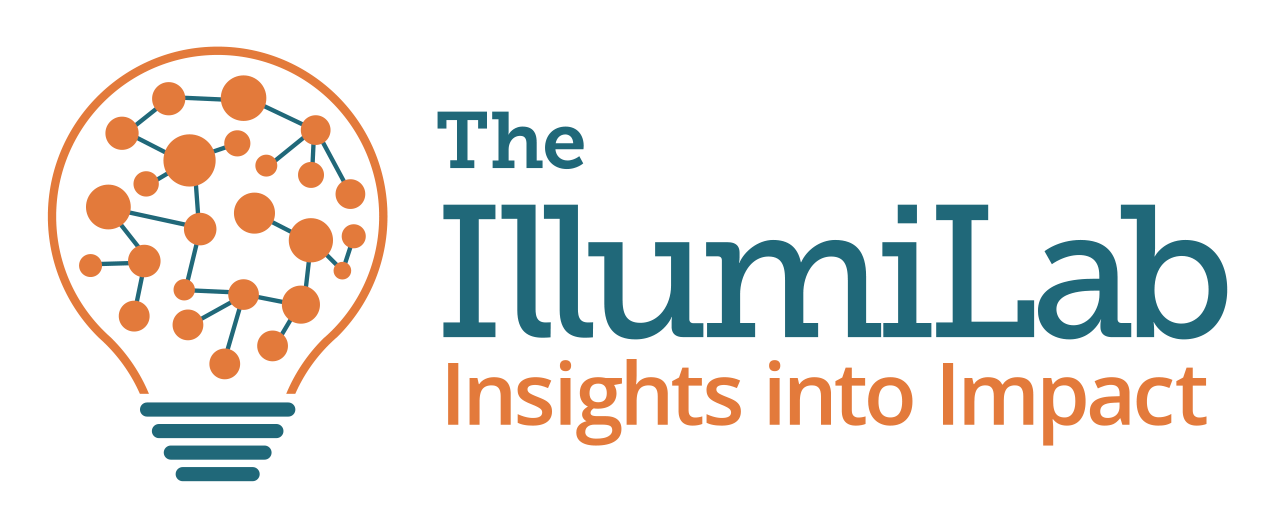If we are too busy to plan, too busy to think, and too busy to reflect, we should stop and ask ourselves, “What are we so busy doing, and are we really committed to doing it well?” As Megan and I have been researching our Theory of Change, we’ve been digging into the literature on strategic, critical, and systems thinking and what it means to be a learning organization. One recurring theme stood out to me in the literature – time. Specifically, time to think.
Learning & Strategy Require Time to Think
Over and over, authors cited time to think as a key ingredient in strategic thinking, strategic doing, leadership, and learning. And a half-day planning retreat every few years doesn’t cut it. Outsourcing it to consultants won’t create a culture of learning or build your team’s or your organization’s capacity. Leaders and managers need to set aside time regularly, both individually and in teams, to think, plan, and reflect.
Don’t take my word for it. Check out some of what we’ve been reading in the Harvard Business Review:
- “Is yours a learning organization?” (Garvin, Edmondson, and Gino)
- “4 ways to become a better learner” (Vaclour)
- “4 ways to improve your strategic thinking skills” (Bowman)
- “How leaders can focus on the big picture” (Johnson)
- “Developing strategic thinkers throughout your organization” (Kabocoff)
Why Don’t We Take the Time?
In another article for Harvard Business Review, Dorie Clark asked, “If strategy is so important, why don’t we make time for it?” We do strategic planning every three or four years, but why don’t we think strategically more regularly?
Because we’re busy. I know. I get it. But everyone has the same 24 hours in a day. We cannot make more time; we can only prioritize our time differently. Why don’t we prioritize thinking, planning, and reflection in our days and weeks?
Clark says, because our culture sees busyness as a “sign of social status” and sees long hours and hard work as a “proxy for both loyalty and productivity.” That is, succumbing to the “frenzy” is a marker of professional success. Likewise, Kabocoff points out that, “in the workplace, tactical responses to immediate demands are often rewarded over long term vision and planning.” I whole-heartedly agree. I see so many organizations celebrating the heroics of over-worked individuals who are master firefighters but who haven’t had time to think in years!
Additionally, I have a few of my own (untested) theories about why organizations don’t set aside time for thinking, planning, and reflecting:
- Our organizations tend to be over-populated with “do-ers,” who haven’t been encouraged or trained to think, plan, and reflect.
- Thinking and reflecting can be uncomfortable. It requires us to sit with unknowns and uncertainty, to tolerate ambiguity, and to look at ourselves in the mirror. Yuck.
- Planning takes time and energy. It can slow our momentum and kill the “buzz” of a new idea or change.
- And, yes, funders don’t pay us to think or plan. They pay us to produce.
But what do we lose when we don’t think, plan, or reflect in meaningful and integrated ways? We waste time, energy, and resources on re-work, delays, missed opportunities, and learning things the hard way. You all know by now, I hate waste!
Prioritizing Thinking, Planning, and Reflection

Believe it or not, my job as a consultant – at least, the way I do it – is not to have all the answers, but rather to ask the right questions. So let me ask you:
- What do your behaviors say about how highly you value thinking, planning, and reflection?
- If team members have time blocked in their calendars for thinking or planning, do you step on it with meetings?
- Do you carve out time on meeting agendas to regularly reflect?
- Do you ask generative questions?
- Which behaviors do you celebrate and appreciate with your words and actions?
- Working long hours or enforcing personal boundaries?
- Putting out fires or preventing fires?
- Taking time to learn and teach or spending time doing?
- Networking and peer learning or internally-focused problem-solving?
- Planning or doing/producing?
- Knowing (or pretending to know) or asking and inquiring?
Rituals to Support Thinking
At The IllumiLab, in the last year we’ve taken a few steps to build processes and tools to support our thinking, planning, and reflection:
- Every Friday, I have a recurring task to wrap up the week. It includes recording lessons learned, ideas, and planning next week’s priorities.
- Every month, we have a check-in with an agenda template that asks us what’s working, what’s not working, and what new ideas do we have?
- We keep a spreadsheet of ideas that include pain points, lessons learned, inspirations, and celebrations, and we review this list every time we plan.
- I have recurring monthly tasks to read for inspiration and network for new perspectives, because I know I need new ideas to stay energized and motivated.
- We have quarterly planning meetings that begin by reflecting on our goal vs. actual progress last quarter, our productivity, and the ideas we’ve logged in that spreadsheet. We translate our ideas and reflections into actionable items and link them to either our strategic or operational plan to keep ourselves focused.
- At the end of every year, we are closed for a week-long in-service. We don’t interact with any of you, but we are working hard behind the scenes. We slow down and zoom out, so the big, strategic questions have the time and space to bubble up. Then, we tackle them, uninterrupted.
The Bottom Line
To be as effective as we can possibly be, we must set aside time and devote energy to thinking, planning, and reflecting. It is an investment in mission success. To say we are too busy executing the mission to take time to plan the mission, evaluate our progress, and develop new ideas for greater impact is to say that we care more about being busy and productive than we do about being effective and successful.
